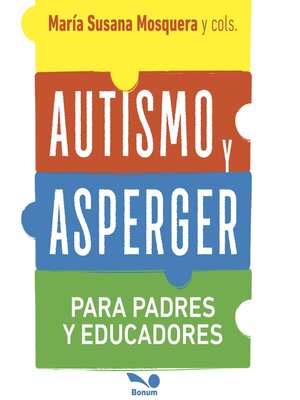
Sign up to save your library
With an OverDrive account, you can save your favorite libraries for at-a-glance information about availability. Find out more about OverDrive accounts.
Find this title in Libby, the library reading app by OverDrive.



Search for a digital library with this title
Title found at these libraries:
| Library Name | Distance |
|---|---|
| Loading... |
No todo lo que se cree saber hoy será la verdad de mañana. La ciencia intenta dar respuestas, una y millones de veces, a los mismos interrogantes y a los interrogantes de los interrogantes. Mientras escribo estas líneas, mucha de la información vertida en el libro está siendo revisada, muchos conceptos están siendo refutados, modificados y validados.
María Susana Mosquera nació en el año 1971 en La Plata. Es médica especialista en Pediatría y en Salud Mental Infanto-Juvenil.
Se formó en la Universidad Nacional de La Plata, en la UBA y en los hospitales Sor María Ludovica y Pedro de Elizalde.Pertenece a la Asociación Argentina de Psiquiatría Infantil y Profesiones Afines y a la Asociación Americana de Psiquiatría Infantil y del Adolescente.
Este audiolibro contiene el desarrollo de los siguientes temas:







